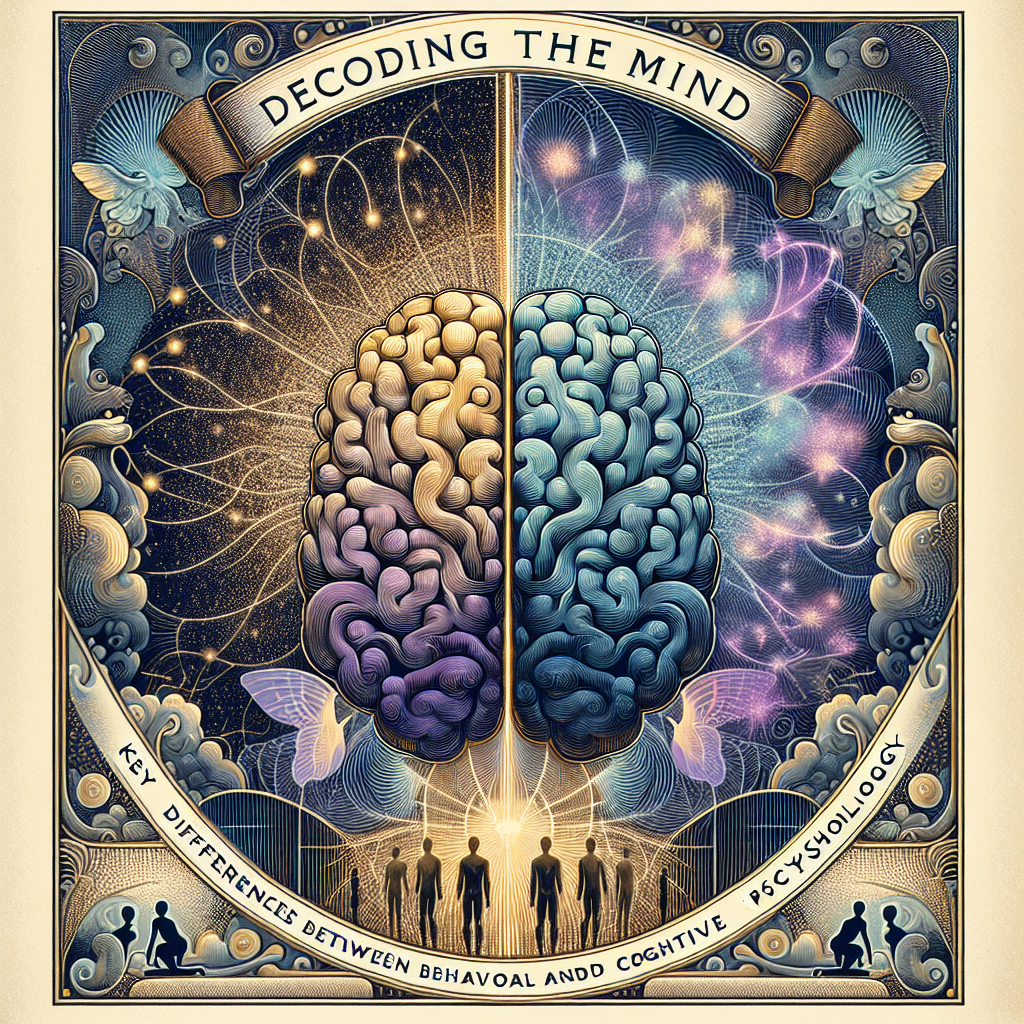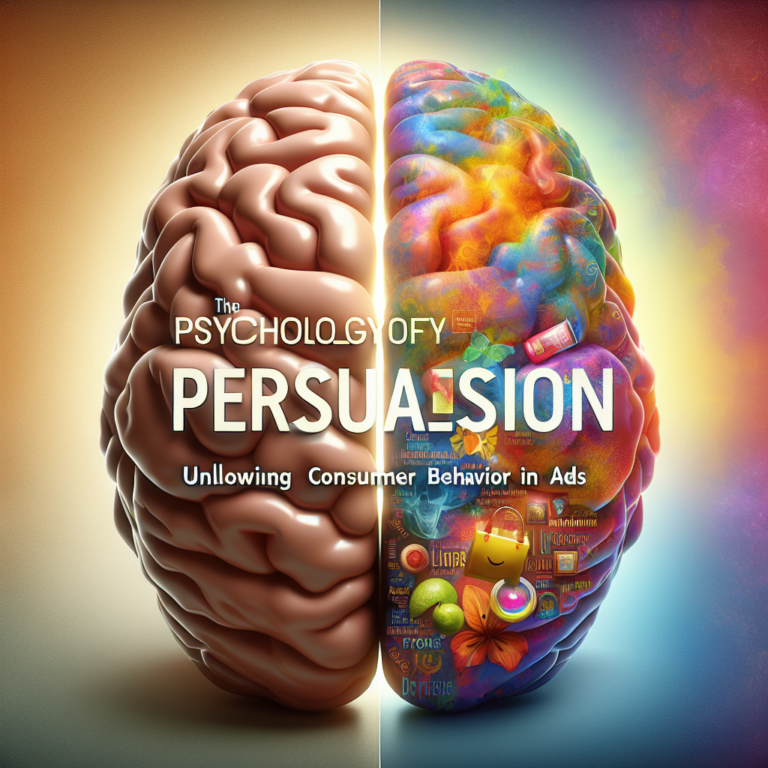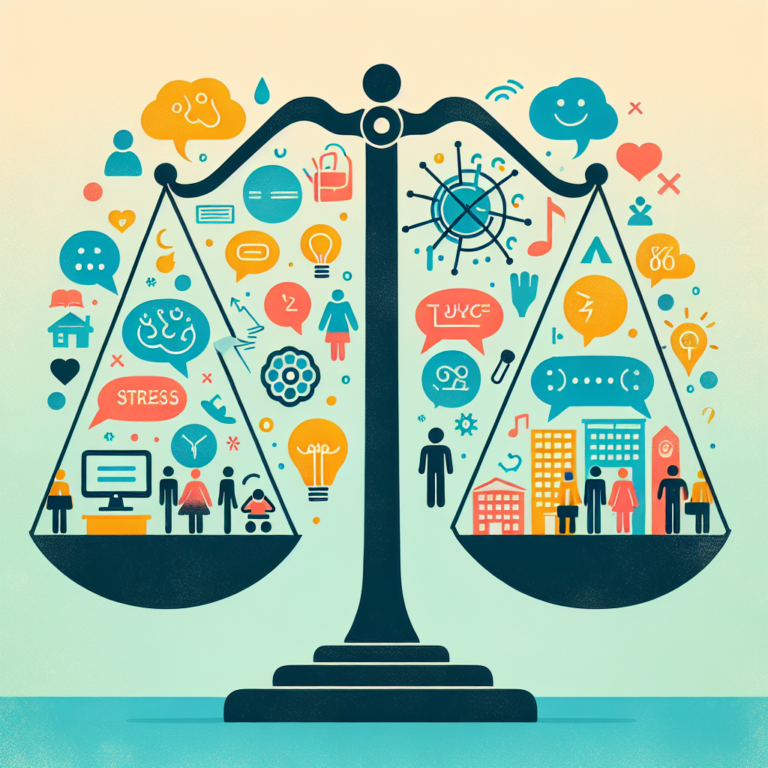
Decoding the Mind: Key Differences Between Behavioral and Cognitive Psychology
Introduction
In the vast landscape of psychology, two dominant paradigms have emerged: behavioral psychology and cognitive psychology. These frameworks offer unique insights into human thought and behavior, contributing significantly to our understanding of mental processes. As we delve into the intricacies of these two approaches, it becomes imperative to grasp the key differences between behavioral and cognitive psychology—not just for academics or professionals but for anyone interested in the complexities of the human mind. This article, titled "Decoding the Mind: Key Differences Between Behavioral and Cognitive Psychology", will guide you through these distinctions while providing real-world applications, case studies, and actionable insights.
Behavioral Psychology: An Overview
Behavioral psychology emerged in the early 20th century, primarily influenced by the works of John B. Watson and B.F. Skinner. This school of thought emphasizes observable behaviors over internal mental processes, proposing that all behaviors are learned through interactions with the environment. In this context, understanding the key differences between behavioral and cognitive psychology becomes essential, as behavioral psychology focuses on the "here and now" rather than the "what goes on in our heads."
Key Principles of Behavioral Psychology
- Observation Over Introspection: Behavioral psychologists dismiss the importance of introspection and inner thoughts.
- Reinforcement and Punishment: Behavior is shaped significantly by the consequences that follow it—reinforcement encourages behavior while punishment discourages it.
- Conditioning: Classical and operant conditioning are central concepts, explaining how associations are formed and how behaviors can be modified through reinforcement.
Case Study: The Little Albert Experiment
Conducted by John B. Watson and Rosalie Rayner in 1920, the Little Albert experiment is a classic demonstration of classical conditioning. A young child, Albert, was conditioned to fear a white rat after it was paired with loud, frightening sounds.
Analysis
This case highlights the power of environmental stimuli in shaping behavior, a fundamental tenet of behavioral psychology. The experiment raises ethical considerations yet illustrates how learned behaviors can manifest in unexpected ways—an essential consideration when decoding the mind.
Cognitive Psychology: An Overview
In stark contrast, cognitive psychology arose as a reaction against behaviorism in the mid-20th century, championed by figures like Jean Piaget and Ulric Neisser. This branch focuses on mental processes such as perception, memory, and problem-solving, elevating the importance of understanding the internal mechanisms at play in one’s thought processes. Understanding the key differences between behavioral and cognitive psychology involves recognizing the shift from observable actions to the mental frameworks that drive those actions.
Key Principles of Cognitive Psychology
- Mental Processes: Cognitive psychology examines how people think, learn, remember, and perceive the world.
- Information Processing: The mind is often compared to a computer, where information is processed, stored, and retrieved.
- Schema Theory: Cognitive psychologists propose that individuals have mental structures (schemas) that help them organize and interpret information.
Case Study: The Memory Experiment by Elizabeth Loftus
Elizabeth Loftus conducted groundbreaking research showing how easily memories can be altered based on misleading information. In one study, participants were asked to recall details about a car crash. Those exposed to misleading questions reported inaccurate details, such as whether they saw broken glass.
Analysis
Loftus’s research underscores the malleability of human memory—a central theme in cognitive psychology. It illustrates the intricate nature of human thought processes and the importance of understanding cognitive biases when decoding the mind.
Key Differences Between Behavioral and Cognitive Psychology
1. Focus of Study
- Behavioral Psychology: Centers on observable behaviors and the influence of the environment.
- Cognitive Psychology: Concentrates on mental processes, exploring how we think and interpret experiences.
2. Nature of Learning
| Aspect | Behavioral Psychology | Cognitive Psychology |
|---|---|---|
| Learning Method | Conditioning (classical and operant) | Information processing |
| Key Concept | Reinforcement and punishment | Schemas and cognitive frameworks |
3. Treatment Approaches
Behavioral psychology often employs techniques such as exposure therapy and behavior modification, which are structured around observable changes. Meanwhile, cognitive psychology leans toward cognitive behavioral therapy (CBT), which addresses the interplay between thoughts and behaviors, challenging dysfunctional thinking patterns.
Real-World Applications of Both Approaches
Understanding the key differences between behavioral and cognitive psychology shines a light on their respective applications in various fields.
Clinical Psychology
In clinical settings, therapists may choose behavioral techniques for conditions like phobias, where modifying behavior is essential. Alternatively, cognitive approaches are often preferred for issues like depression or anxiety, where re-framing negative thought patterns can offer substantial relief.
Education
Both approaches influence teaching methods. Behaviorist strategies may employ rewards to promote learning, while cognitive strategies might focus on developing critical thinking skills.
Conclusion
Decoding the mind through the lens of psychology reveals profound insights into human behavior and cognition. While behavioral psychology focuses on observable actions and the environmental shifts that shape them, cognitive psychology digs deep into the mental processes that drive those actions. Recognizing the key differences between behavioral and cognitive psychology not only enhances our understanding of psychological principles but also empowers us to apply these insights in everyday life. By appreciating both perspectives, we can strive for a more holistic view of human behavior, ultimately nurturing a deeper understanding of ourselves and our interactions with the world.
As we navigate the complexities of our minds, let us remember that both behavioral and cognitive approaches are crucial in painting a complete picture of human psychology. Embrace these insights, and use them to foster personal growth, enhance relationships, and contribute positively to society.
FAQs
1. What is the main difference between behavioral and cognitive psychology?
Behavioral psychology focuses on observable behaviors and how they are learned through interaction with the environment, while cognitive psychology emphasizes internal mental processes and how they influence behavior.
2. How can understanding these differences improve therapeutic practices?
Understanding these differences allows therapists to tailor their approaches based on the specific needs of the client, selecting behavioral techniques for immediate behavioral changes or cognitive techniques for deeper cognitive restructuring.
3. Are both approaches still relevant today?
Yes, both behavioral and cognitive psychology remain highly relevant, with many therapists integrating principles from both to provide comprehensive care tailored to client needs.
4. Can cognitive biases affect decision-making?
Absolutely! Cognitive biases can lead individuals to make irrational decisions based on flawed thinking patterns, emphasizing the importance of understanding cognitive psychology.
5. How can I apply these psychological insights in my daily life?
You can apply behavioral techniques by rewarding yourself for achieving goals, or you might reflect on your thoughts to challenge negative patterns using cognitive strategies. Both approaches can enhance self-awareness and decision-making.
In exploring the key differences between behavioral and cognitive psychology, we unlock not only the secrets of the mind but also pathways for effective decision-making, personal growth, and mental well-being.















